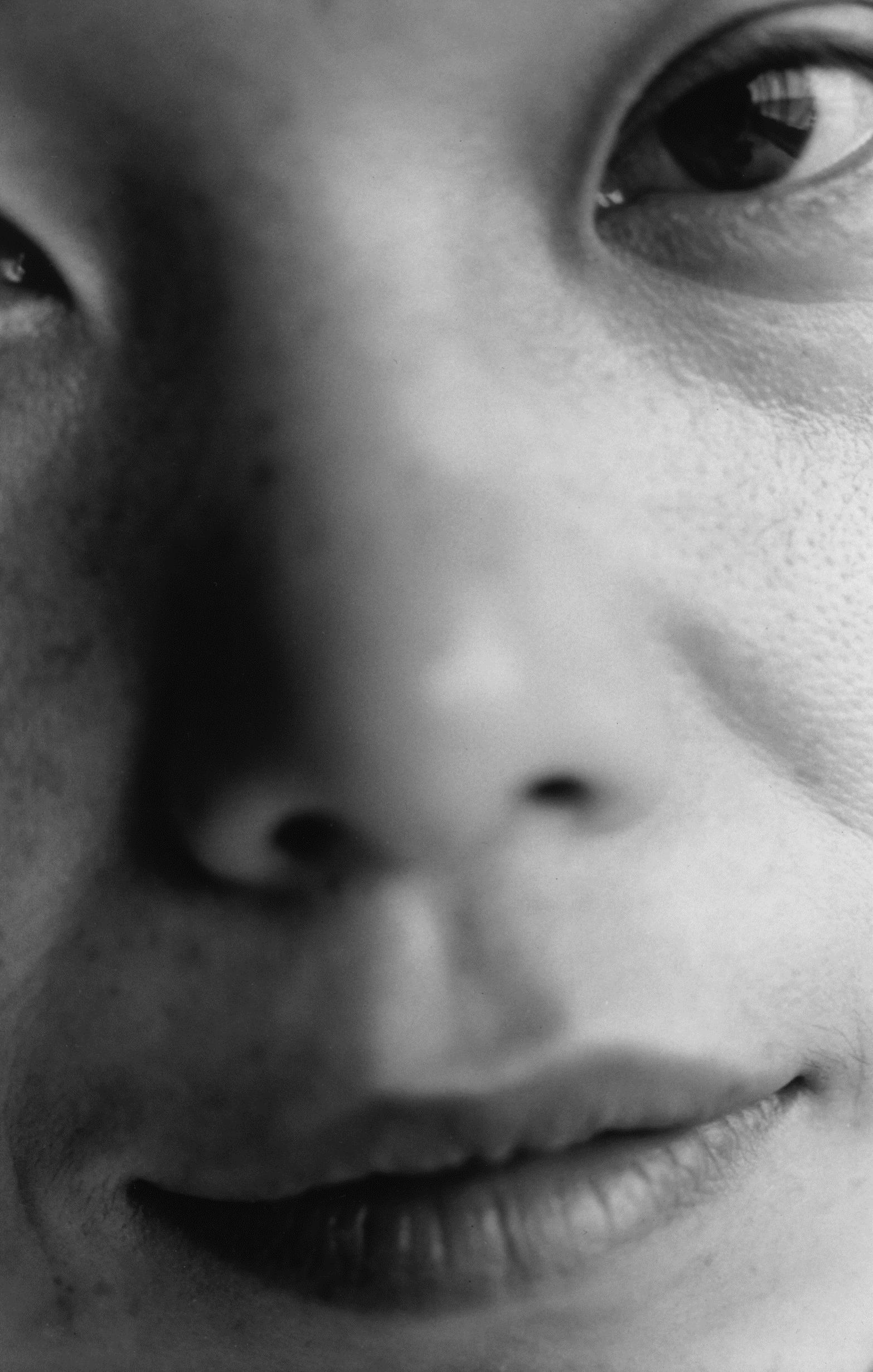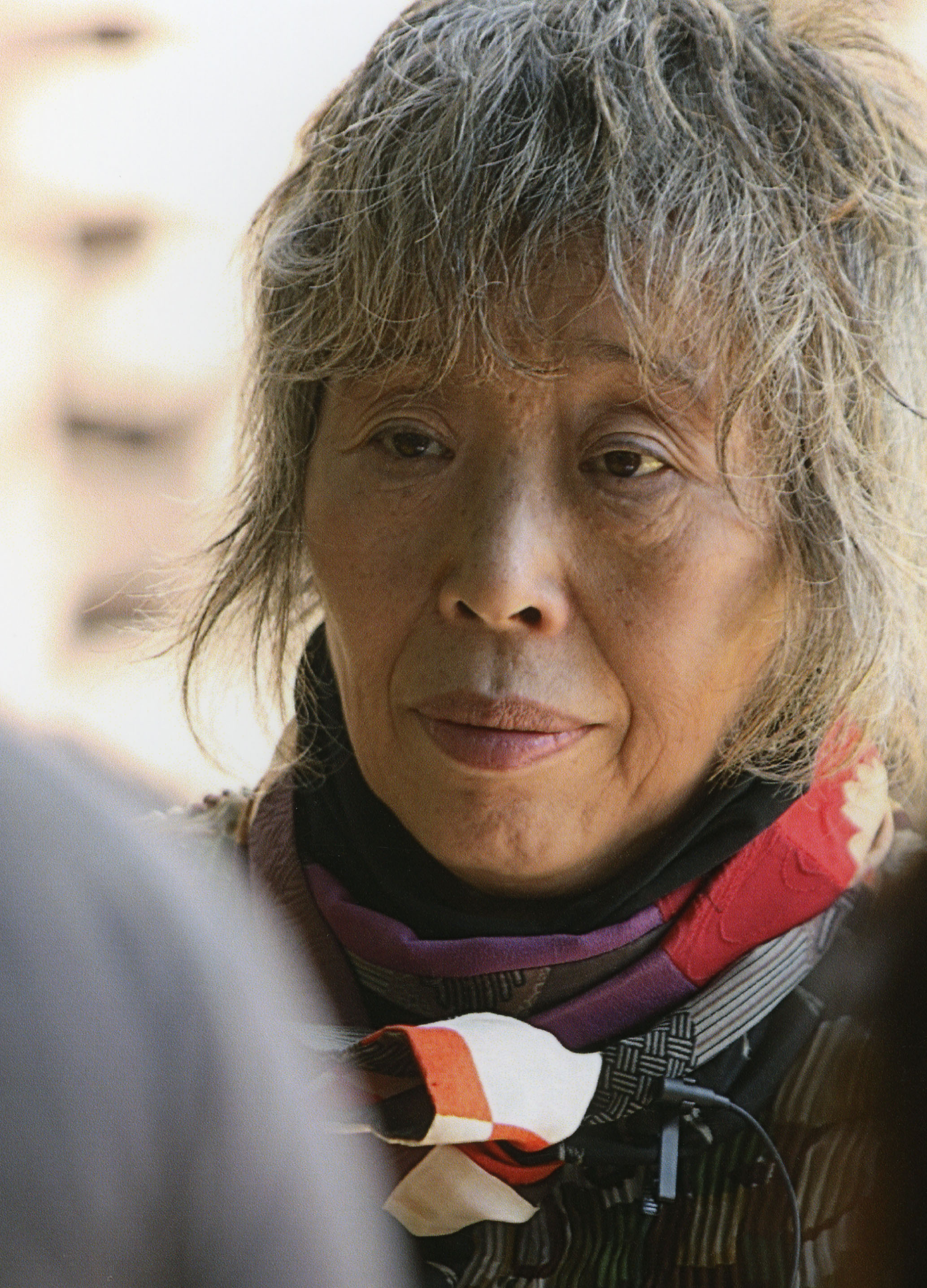


©Ishiuchi Miyako/Hiromi1955#1-Te,ashi,niku,karada/
Join us for a captivating behind-the-lens discussion with a master of modern photography.
The prolific and provocative photographer Ishiuchi Miyako will be in L.A. this October for the opening of her brand new photo exhibition titled Postwar Shadows at the J. Paul Getty Museum, and The Japan Foundation, Los Angeles has invited her to give a lecture on October 2nd.
Since the late '70s, Ishiuchi Miyako has produced collections of her own photography which have explored various thought-provoking subjects such as post-war daily Japanese life in the formerly US-occupied town of Yokosuka, as well as the vulnerability and aging of the body, especially the female body. In her lecture, Ishiuchi will provide us with an insight into her photographic style, in which she uses pathos rather than passion to express herself and create work that contains a quiet quality while being powerful and profound at the same time.
Joining Ishiuchi for this lecture will be renowned poet and author Itō Hiromi, whose work is well known for describing women's sexuality, pregnancy, and feminine erotic desire in dramatically direct language. In 1995, Itō collaborated with Ishiuchi in Te, Ashi, Niku, Karada: Hiromi 1955, a collection of photographs taken by Ishiuchi of Itō's hands, feet, skin, and body, and accompanying poetry written by Itō. The two former collaborators will discuss Ishiuchi's approach and the relationship she has with her subjects, as well as what impressions her approach made on Itō, who recalls "I was being watched. I was being turned into a still life. And then, I was resurrected. I was being told that I should live my life as I pleased."
About the Lecturers
 Ishiuchi Miyako
Ishiuchi Miyako
With her early work, Ishiuchi captured the smell, mood, and atmosphere of her hometown, Yokosuka. In a later series of photographs titled 1・9・4・7, she depicted the hands and feet of women with whom she shared the same birth year. She then explored traces of trauma and pain left on the human body in a series of photographs called Scars. In 2005, she represented Japan at the Venice Biennale with mother's 2000-2005: traces of the future. Over the course of her career, Ishiuchi has received numerous prestigious awards for her work including the Hassleblad Award, and took part in an exhibition titledTransformed Visions at Tate Modern in 2013. In October 2015, she will have a solo exhibition titled Postwar Shadows at J. Paul Getty Museum.
Photo: Ito Kaori
 Itō Hiromi
Itō Hiromi
Itō Hiromi is a poet and writer, with more than a dozen collections of poetry, several works of prose, numerous books of essays, and several major literary prizes to her name. Itō became well known in the 1980s for a series of dramatic collections of poetry that described sexuality, pregnancy, and feminine erotic desire in dramatically direct language. In addition to works of poetry and prose, Itō has published numerous books of essays, manga criticism, and translations of American literature for young Japanese readers. Some of her most prominent work includes Wild Grass in the Riverbank andTogenuki, the New History of Sugamo-jizo.
Photo: Yoichi Yoshihara
This event is supported by The J. Paul Getty Museum